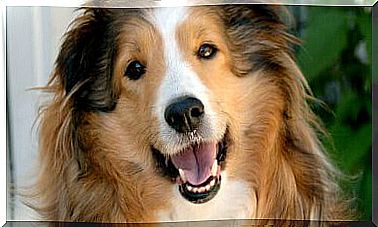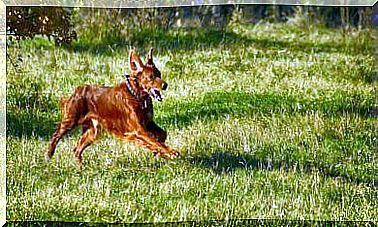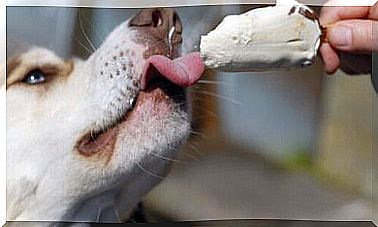Your Dog’s Behavior Depends On Its Size
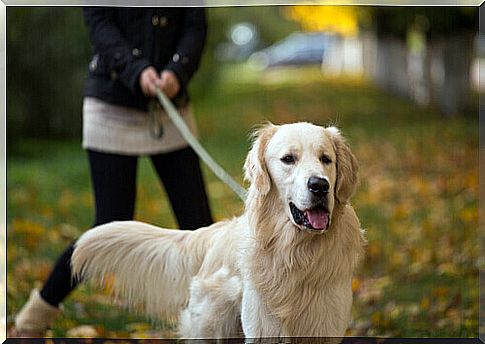
Recent studies carried out in different parts of the world have concluded that the size and shape of a dog’s head are factors that decisively influence its behavior.
This analysis shows that there is an important relationship between the animal’s height and weight, the shape of its head and behavior. Thus, the smaller the size of the animal, the more likely it is to have aggressiveness problems.
small and big dogs
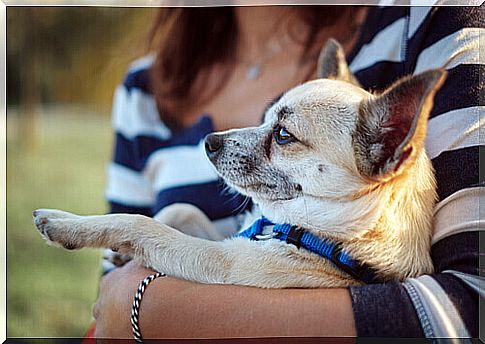
In real life all dog lovers have seen small size dogs with a strong personality, more aggressive than others, larger size, more learning difficulties, more anxiety problems arising from separation from the owner, wanting to be the center of attention at all times… and many more things.
However, the larger the size of the dog, the more prone there is to greater ease in learning and training. Unwanted behavior increases as size decreases, this is one of the conclusions we can reach.
Races of different sizes
Smaller breeds, such as Terriers, tend to be more aggressive towards people and animals they don’t know. This has scientific explanations. In essence, the Terrier breed was created for hunting small animals. It may therefore be that small breeds with short legs have inherited this aggressiveness.
On the other hand, larger breeds of dogs have developed more serene, friendly and pleasant behaviors. This may be due to the fact that these have been adopted from the beginning of time as companion animals. The larger the size of the animal, the lesser the propensity to hyperactivity, as they are heavier bodies.
How are the owners?
The behavior of owners also fully affects the behavior of dogs in terms of their size. For small-sized dogs, there is a greater propensity for owners to be more tolerant of them if dogs behave inappropriately. If the owner acts in this way, this overprotection and consent to certain attitudes will influence his dog’s behavior in the future.
Many experts agree that almost half of dog aggression towards people, including other animals of their species, is due to the little authority that owners have over their dogs. A large number of dogs are abandoned each year, including many that are euthanized, due to the violent personality and stigma associated with the breed, but this is not exactly the case.
It’s not a race issue, it’s an education issue.
Contrary to what people are used to thinking, breed is not such a determining factor for dogs’ aggressiveness. Studies were carried out with many dogs of potentially dangerous breeds, such as the Boxer, Pitbull, Rottweiler and Dobermann. The dominant behavior of many males of these breeds is what has always associated them with aggression.
However, studies have come to the conclusion that such dominant behavior is a small influence on the violent personality of an adult dog. The education he received from his owner, what he saw in his home, and what he “absorbed” is much more influential in this factor.
A dog, whatever the breed, that received an education based on obedience and affection, it is not normal and not frequent that it will have a behavior associated with signs of violence. If this happens, the behavior may be derived from some pathology (as is the case with hypothyroidism in dogs), but it is never from a specific breed, nor should we use this as a justification.
violent responses
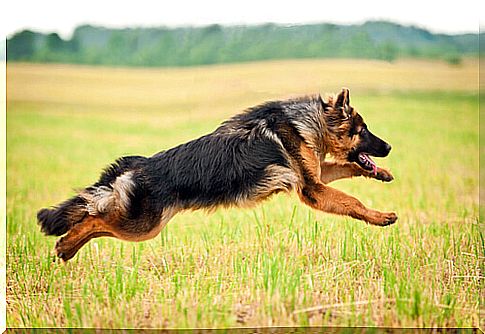
Yes, it is true that aggressiveness can be a way of responding dogs to maintain a position or status within their group, whether to protect it, to become a leader in case there are other males, etc. Faced with these forms of behavior, it is essential the intervention of the owner who, in principle; you must correct your dog’s behavior if it is violent, or leave it in the hands of a professional.
The dog’s violent behavior must never be justified under any circumstances. If there are attitudes prone to aggressiveness, we need to be responsible for the situation and seek specialized help. There are professionals who are true experts in correcting these behaviors.
As we have seen, your dog’s behavior depends on the size he has, and not so much on the breed to which he belongs.

